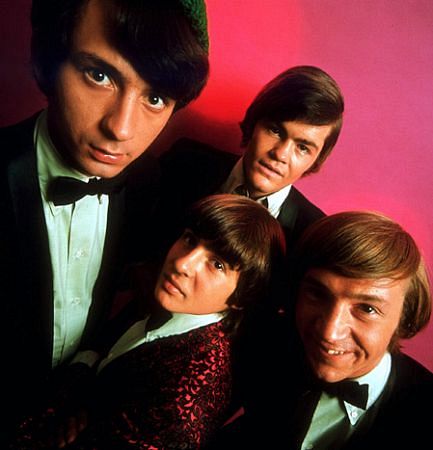Who's SAARy Now? AutoNation Cuts New Vehicle Orders by 60%
Sorry about the pun (referring to the yearly sales rate), but Automotive News [sub] nailed the headline, and I couldn’t just repeat it without a little TTACitude. Sometimes, though, the simple truth is all there is. The fact that America’s largest publicly traded dealership group has cut new vehicle orders by 60 percent is… stunning. It means that that the U.S. new car market is dead in the water. Federal bailout or no, someone’s going to take a dirt nap. Not that Mike Jackson thinks so. The AutoNation CEO reckons U.S. new car sales have stabilized at a rate of 10 million per year, and expects that number to climb over 11 million by the end of the year. What’s more, the formerly pessimistic Jackson has looked at Chrysler and GM’s new viability plans and put Smash Mouth’s “I’m a Believer” on his iPod. “I felt the outline of the direction they gave back in November was too optimistic on the sales side and not deep enough on the cuts side. These plans are much more realistic and it’s the right approach.” So another one bites the rust. Or something like that.
More by Robert Farago































Comments
Join the conversation
Adidas, cars cost too much, and I can prove it: People are not buying new ones. Add to that the fact that people's jobs are tanking or their pay is tanking or their credit is tanking or they are fearful of all the above happening, and there is absolutely no reason to think that people will start suddenly buying overpriced cars in the near future. There is zero huge bubble of demand, 'demand' being here used in economics terms of a ready and able buyer. They may, however, wait a little longer, and then buy a little newer used cars.
Currently the auto scrap rate is above the sales rate, meaning the US auto fleet is shrinking. This could point to growing pent up demand that will lead to increased sales, or it could mean that between the economy and the increased operating costs, more people are being forced out of their cars. Some people will just be giving up that extra car, some will go without and use public transportation. Where I work, we rarely take in a newer re-saleable vehicle, meaning to me people are not buying based on the thrill of the new, but to replace an aged vehicle. We are seeing more and more 7-10 year old trades, and very few 2-4 year trades.
If consumers can't get those crazy long finance terms and heavily subsidized leases they will be forced to by cheaper cars. If they are required to actually come up with a decent down payment they will end up buying (on average) cheaper cars to get their payments down. This is the exact same thing that is happening in the real estate market. The finance "vehicles" are what drive prices up so quickly. If the crazy loans arent available the abitilty to pay the inflated prices for the general public, dries up. Then prices are forced down. The average consumer cant afford a 35k car with even a 3-5 year note without being heavily upside down. Total vehicle sales volume will be down for sure but the average transaction price should be tumbling down as well.
postjosh : Agreed. People can put off a car purchase for awhile. Much longer than they used to be able to. But still, it's not forever. ronin : Cars aren't selling right now because it's not a priority for most people. Every automaker is hurting, but not all vehicles are too expensive. People aren't buying cars today because they are uncertain about their jobs or their finances. So many people are just in survival mode these days. Which means drive your beater Camry for another year, no new TV, cancel HBO and the Playboy channel, limp your old PC along awhile longer, no home renovations and fire the cleaning lady. Also, if your credit score is below 650, which is a lot of the population, you aren't able to even get financing right now. But the needs will rebound first, and for most people a reliable vehicle is a "need."